the UCLA Chicano Studies Research Center,
the Arhoolie Foundation,
and the UCLA Digital Library
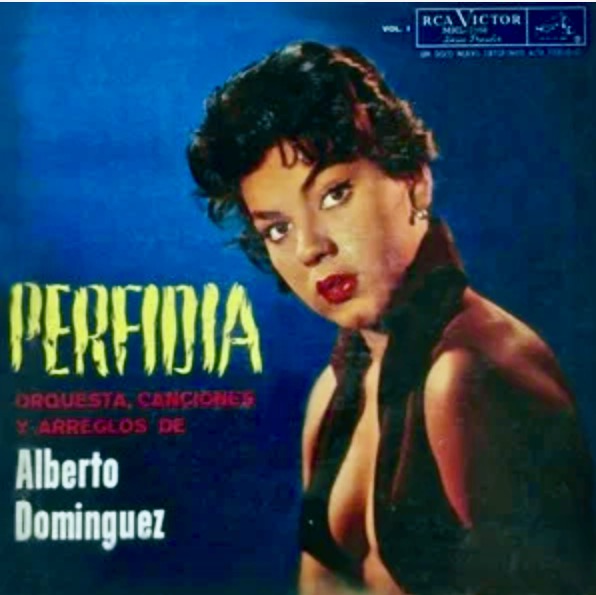 “Perfidia” has stood as one of the most cherished and enduring songs in the Latin American songbook. Composed more than 80 years ago by Mexico’s Alberto Dominguez, it is enshrined as one of those timeless standards that continues to inspire artists and resonate with music lovers, young and old.
“Perfidia” has stood as one of the most cherished and enduring songs in the Latin American songbook. Composed more than 80 years ago by Mexico’s Alberto Dominguez, it is enshrined as one of those timeless standards that continues to inspire artists and resonate with music lovers, young and old.
Recently, I heard the song’s memorable melody which watching a new movie on Netflix, the Spanish film Vivir Dos Veces (2019), by Barcelona-born director Maria Ripoll. The movie is about an aging math professor named Emilio, a lonely widower who finds himself sinking into the terrifying early stages of dementia. It explores how he and his small family, a take-charge daughter and precocious granddaughter, handle the crisis.
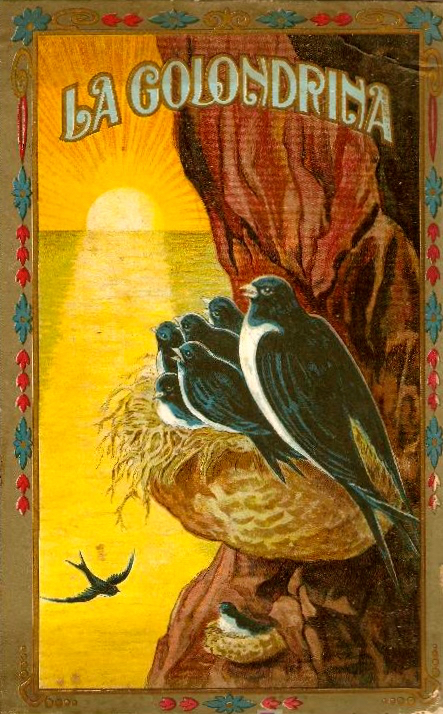 During the funeral services of Mexico’s beloved pop singer José José this month, a tune was played that surely touched the hearts of most Mexicans, especially those watching from afar. The song is titled “La Golondrina” (The Swallow), a veritable hymn that for more than a century has added a note of nostalgia to moments of loss, departure, and exile.
During the funeral services of Mexico’s beloved pop singer José José this month, a tune was played that surely touched the hearts of most Mexicans, especially those watching from afar. The song is titled “La Golondrina” (The Swallow), a veritable hymn that for more than a century has added a note of nostalgia to moments of loss, departure, and exile.
 Almost every country has a set of songs that make up its musical DNA. Songs that children learn almost from the time they can speak, such as “Home On the Range,” “Oh, Susana,” and “This Land Is Your Land” in the United States.
Almost every country has a set of songs that make up its musical DNA. Songs that children learn almost from the time they can speak, such as “Home On the Range,” “Oh, Susana,” and “This Land Is Your Land” in the United States.
In Mexico, one such iconic tune is the ranchera classic “Allá en el Rancho Grande.” Like other songs emblematic of a national culture, “Rancho Grande” has a melody that is instantly recognizable and a lyric that seems to spring from the country’s collective memory, though we may not understand exactly what the words mean.
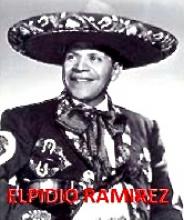 Recently, an observant music fan noticed an error on this site and wrote to tell us about it. His concern is related to one of the most famous and recognizable compositions in the Latin American songbook, entitled “Malagueña” or “La Malagueña.”
Recently, an observant music fan noticed an error on this site and wrote to tell us about it. His concern is related to one of the most famous and recognizable compositions in the Latin American songbook, entitled “Malagueña” or “La Malagueña.” 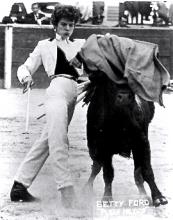 Judging from the title alone, you’d think “Betty Ford” by Mariachi Continental De Miguel Diaz was about a former First Lady. The song is an instrumental, so there are no lyrics telling us a story. The genre, however, gives us a clue to its subject. It’s listed in the Frontera Collection as a pasodoble, the theatrical but graceful style of song typically played at bullfights, especially during the entrance of the matadors.
Judging from the title alone, you’d think “Betty Ford” by Mariachi Continental De Miguel Diaz was about a former First Lady. The song is an instrumental, so there are no lyrics telling us a story. The genre, however, gives us a clue to its subject. It’s listed in the Frontera Collection as a pasodoble, the theatrical but graceful style of song typically played at bullfights, especially during the entrance of the matadors. 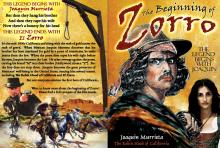
Stay informed on our latest news!